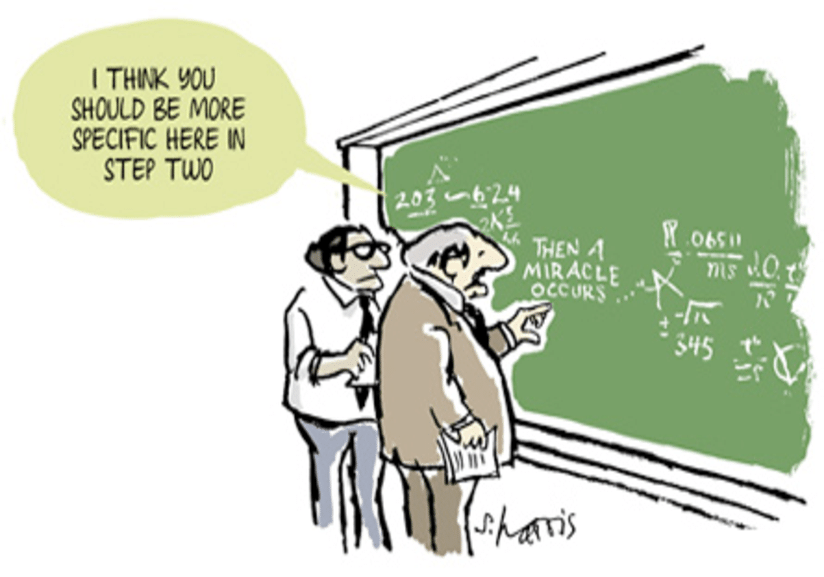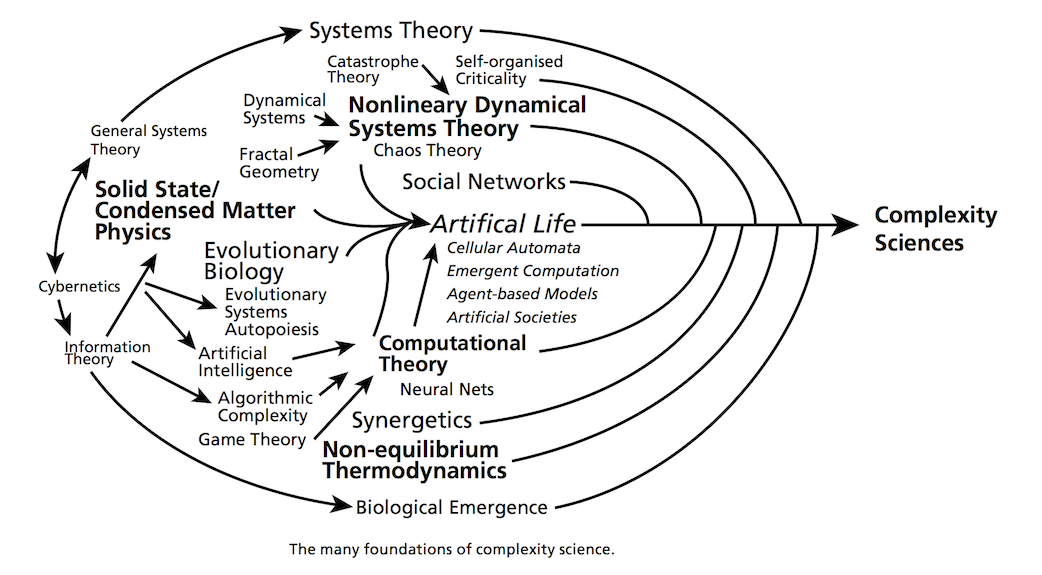04/11/23
The Whole Is Greater Than The Sum of Its Parts
on positive deviance & why I study complexity science
– Aristotle.
It’s a popular idiom used to say that something is better or more effective as a team, combination, etc., than would be expected when looking at different parts that form it.
The team lacks standout players, but it has proved to be greater than the sum of its parts.
It brings me great regret to inform you that, similar to several other wrongly attributed expressions throughout the course of history, this one is also misquoted. In fact, there is no record of Aristotle ever using this exact phrase in his surviving works. But that’s not what I’m here to talk about today. [You can read more about the phrase’s history here if you are curious about it.]
What I want to talk about is why I study complexity science. The truth is I realized I have been unconsciously studying complexity science for the last six years pretty recently. In 2020, I was invited to interview for a fellowship called Positive Deviants. The faculty selects about 25 people from across the globe who they think are “Positive Deviants”. Now, I had no idea what they meant by the term. In the interview, I was just asked to talk about my ‘why’.
This is how wikipedia defines Positive Deviance.
MIT’s Positive Deviance lecture for reference
I realized I had been informally studying complex systems – my lived experience – this whole time. I had created a bigger-than-normal positive delta in my (personal) upward mobility. The likelihood of success from a perspective of capitalistic productivity is quite slim for an individual from my background. Positive deviance seeks to address complex problems within a system by identifying and amplifying successful practices that exist within the system. By doing so, positive deviance recognizes that solutions to complex problems may not be found by addressing isolated parts of the system, but rather by identifying the patterns and relationships that underlie successful outcomes.
Over the past few years, I’ve grappled with the question of whether it’s better to have broad knowledge or to specialize in a certain area. This dilemma of breadth vs. depth / generalist vs specialist / jack of all trades vs master of none had been plaguing my mind. However, my study of complex systems helped me gain a new perspective – I now realize that I do possess depth, and that my understanding of complex systems themselves has given me a unique way of thinking about problems that others might not have.
Now, what are complex systems?
Complex systems are systems that are composed of multiple interconnected and interdependent components, which interact with each other in nonlinear ways, and can exhibit emergent properties and behaviours that cannot be predicted or explained by analyzing their individual components in isolation. The Whole is Greater Than The Sum of Its Parts.
Some examples include ecosystems, weather patterns, economies, social networks, and the human body. These systems are characterized by their complexity, diversity, and unpredictability, and are subject to constant change and evolution.
Nonlinear behaviour means that small changes in one component of the system can have large and unpredictable effects on the system as a whole (think: the butterfly effect). This makes it difficult to predict and control the behaviour of complex systems, and requires a different approach to problem-solving that emphasizes adaptability, collaboration, and the ability to learn and evolve in response to changing conditions. Positive Deviance.
.. then a miracle occurs. Prolific science cartoonist Sidney Harris depicting emergence.
The profession of science is breaking down complex systems into smaller components, implementing them, integrating them together, and then verifying their functionality. However, the concept of emergence, which could be considered a mystery or a miracle, is often overlooked or assumed without further examination.
The whole is greater than the sum of its parts. That’s what the phrase means, Emergence. The concept of emergence is famously associated with Gestalt psychology, which arose in the early twentieth century in Austria and Germany as a theory of perception that was a rejection of basic principles of elementalist and structuralist psychology. It focuses on how the human mind perceives and processes information by emphasizing the organization and patterns within sensory information. Gestalt psychology has had a significant impact on fields like cognitive psychology, perception, and human-computer interaction.
What I like about complexity science is that it touches a variety of fields with common threads through each of them – network science, computational science, economics, sociology, psychology, and more.
As I grow my formal self-taught study in complexity, I plan to write more about my learnings. Some complexity-related topics you can expect from me in the near future include:
How the world went from physics envy to biology envy (the formation of biotech!)
Open problems in the field
Newtonian science and its reductionist limitations
Why I don’t like the ‘machine’ metaphor in machine learning
The compression of time and space
Until then…
If you liked this, you might enjoy some of my writing around perception and intentionality. More here.
This piece is 11/50 of my 50 days of learning. Subscribe to hear about new posts.

